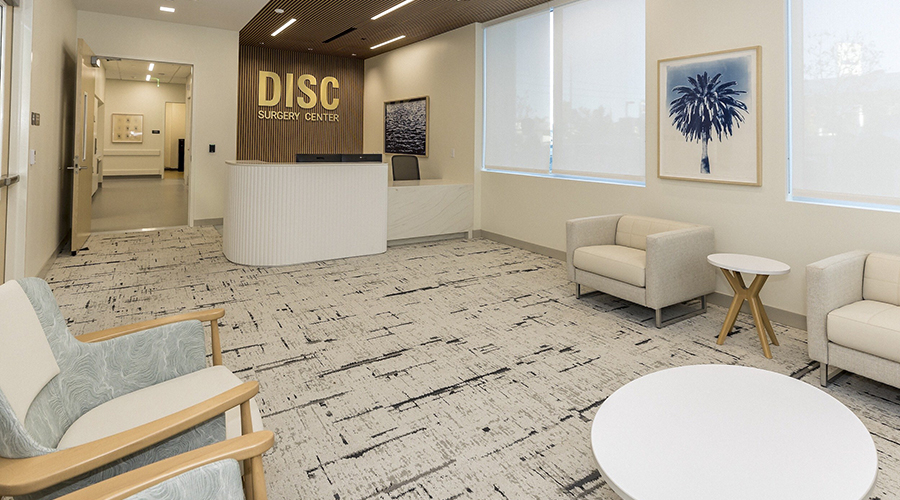The HITECH Act of 2009 has had historic impact on our health care delivery system: At record numbers, doctors and hospitals are making the switch to electronic medical record (EMR) systems. At last measure, 72 percent of office-based physicians had adopted an EMR system and 85 percent of hospitals were using EMRs - up from only nominal use a few years before, according to blog on The Huffington Post website.
As they evolve, EMR systems will enable physicians to more closely monitor their patients' care and also to measure, audit, and improve quality of care. As our health care system focuses more on managing population health, EMRs will be a foundational capability for identifying gaps in care -- and helping patients address them. Truly, the possibilities created by health information technology are endless, wrote Sachin H. Jain, M.D.
"That said, in the immediate term, I have a far less ambitious goal for information technology in health care: Let's retire the fax machine," Jain wrote.
"Fax machines are fine for transmitting information, but there is nothing that makes that information immediately usable or actionable. Important data are lost among stacks of less important information. Paper is subject to the vagaries of whether the right piece of paper is delivered to the right person at the right time. Faxes are easily lost - without so much as a trace; when important data are being transmitted, it necessitates hours of time-consuming follow-up and confirmation. Faxes are not searchable documents. Every clinician knows of a clinical error in which a fax machine was a central protagonist," he wrote.
There is nothing private or secure about fax as a format, the blog said. In most settings, fax machines sit open and accessible to a wide range of individuals. Any expectation of privacy and security of health information is suspended because stacks and stacks of one's personal health information can often be left unattended in a fax machine's receiving tray.
"If we really want to get serious about health information privacy, the fax machine - not the EMR - is public enemy #1, #2, and #3," Jain wrote.
Read the blog.

 AI Adoption on the Rise Among Leaders
AI Adoption on the Rise Among Leaders TriasMD Officially Opens DISC Surgery Center at Tarzana
TriasMD Officially Opens DISC Surgery Center at Tarzana Goshen Health Announces Partnership with Parkview Health
Goshen Health Announces Partnership with Parkview Health Severe Winter Weather: What Healthcare Facilities Must Prioritize
Severe Winter Weather: What Healthcare Facilities Must Prioritize Recovery Centers of America Opens New Facility in Florida
Recovery Centers of America Opens New Facility in Florida